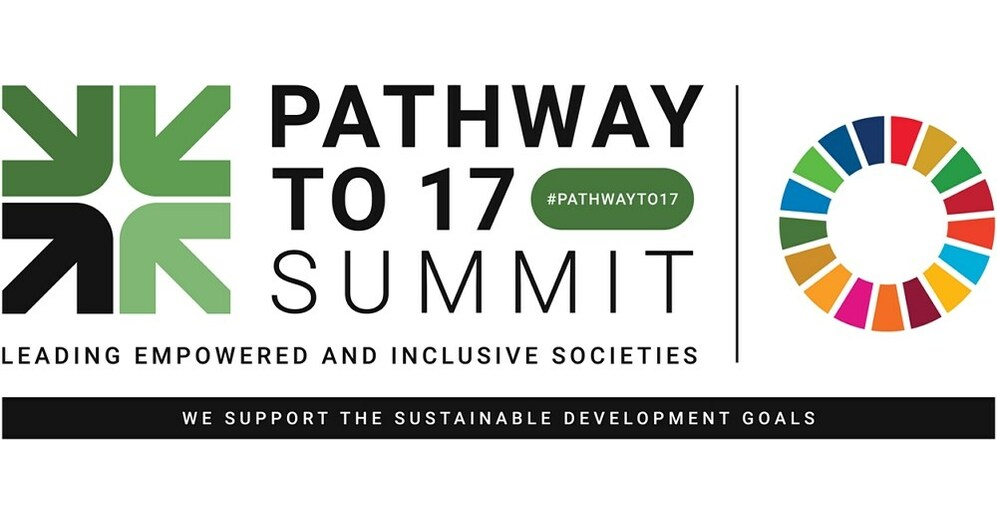SentBe, a leading fintech firm from South Korea, was the exclusive representative at the ‘Pathway to 17 Summit,’ a global event focused on addressing complex issues related to achieving the Sustainable Development Goals (SDGs).
Organised by the Digital Frontiers Institute and The Alliance of Digital Finance Associations, the summit brings together experts dedicated to discussing the role of financial inclusion in advancing the SDGs.
Read also: South Korea seeks Africa for key EV battery material
A Voice for Financial Inclusion
SentBe played a significant role at the event, with Hanna Yim, leader of SentBe’s Business Impact Team, representing South Korea as a panelist. The session she participated in was centered on ‘Sustainable Payment Systems and Crisis Management,’ a crucial topic in the context of financial inclusion.
A Candid Discussion on Inclusive Instant Payment Systems
The panel discussion, skillfully moderated by Jacqueline Jumah, Director of Advocacy & Capacity Development at AfricaNenda, delved into the challenges faced by Africa’s Inclusive Instant Payment Systems. The consensus was clear: Inclusive instant payment systems play a vital role in expanding financial inclusion, driving economic growth, ensuring financial stability, reducing poverty, and promoting shared prosperity globally.
Emphasizing the Importance of Collaboration and Innovation
Hanna Yim, Head of Business Impact at SentBe, highlighted the need for traditional and emerging financial institutions to work in harmony. She emphasized the significance of establishing a robust digital infrastructure to support instant payment systems. Yim provided the example of Kenya’s mobile payment platform, which succeeded not solely due to high-end technology but also through accessible solutions such as 2G phones and related infrastructure.
Yim stressed the importance of identifying areas for improvement and allocating resources to advance financial inclusion. Effective collaboration between the public and private sectors, especially in providing resources to financial sector stakeholders, is crucial. She also emphasized the significance of a customer-centric approach, particularly in the current environment where Environmental, Social, and Governance (ESG) factors are central. According to Yim, private sector entities should create solutions that not only generate financial value but also contribute to social value creation for greater sustainability.
SentBe’s Role in Advancing Financial Inclusion
SentBe, a member of the Global Digital Innovation Network, is at the forefront of promoting financial inclusion through its core business, aligning with financial ESG principles. It operates the industry’s sole ‘Business Impact Team’ in Korea, dedicated to enhancing financial accessibility for groups traditionally overlooked in the mainstream financial sector.
Notably, SentBe’s international remittance service surpasses the SDGs target rate for remittance fees set by the UN to be achieved by 2030. In 2022, SentBe made history as the first Korean company to be selected for the prestigious Inclusive Fintech 50, earning acclaim from both domestic and international academic circles and international organisations. SentBe’s commitment to financial inclusion goes beyond a corporate mission; it represents a practical contribution to global sustainability goals.

